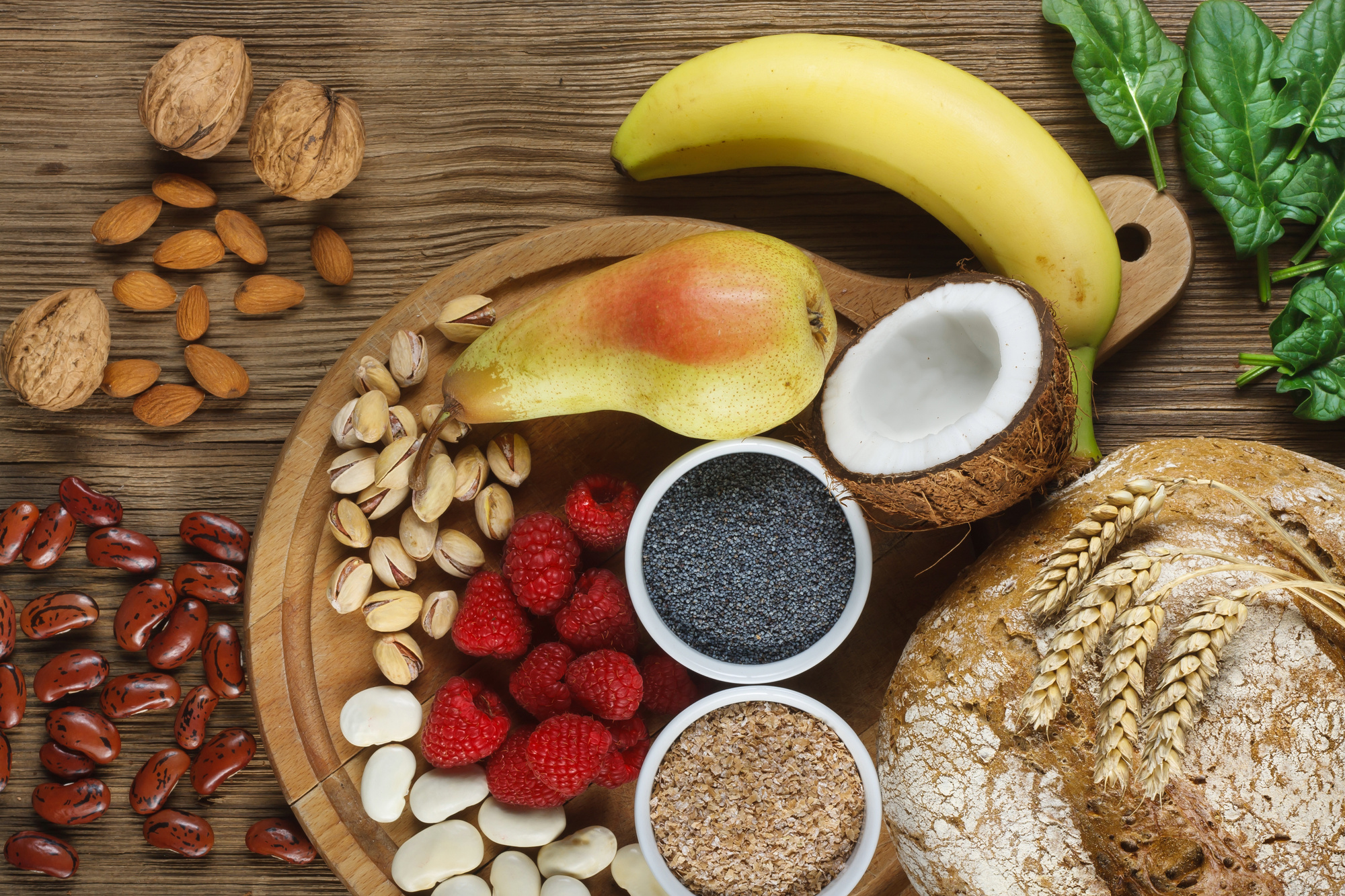
Many people think that the only factor in weight loss is a workout plan. That is a huge part of the process, but there are other things to consider.
In fact, rest and sleep enhance the rest of a weight loss plan, like helping a person make healthy eating choices or keep exercising longer. Below are many ways that rest and sleep contribute to weight loss.
Rest and Sleep
What is the difference between rest and sleep?
Sleeping, scientifically, is the period of time that a person’s brain spends away from consciousness. Some dictionaries include the word rest in their definitions, but rest may not necessarily include real sleep.
Resting is a more general term that encompasses things like these:
- sitting after standing for long periods
- elevating the feet
- taking a break from hard labor
- closing the eyes but not sleeping
- lying prone
- meditation and other forms of clearing one’s thoughts
In the end, rest and sleep are not the same thing. However, both can be beneficial for the body.
Rest
Even though rest is not the same thing as sleep, and does not have the same effect on a person’s body, it can still be beneficial.
Certainly, resting reduces stress, which causes high blood pressure, depression, and can make a person’s immune system weaker. Resting can also mimic the benefits of sleep, although those benefits won’t last as long as they would in a person who actually slept.
Sleep
The Center for Disease Control estimates that sleep duration among Americans has decreased over the past two decades.
Ultimately, a person’s brain will cease to function after the loss of too much sleep. Human growth hormone is produced during sleep, and short-term memories are converted to long-term during sleep. Cognitive function depends on a person getting sleep.
Good Sleep Linked to Good Decisions
It’s nice to talk about willpower, but as it turns out, making good decisions may actually have biological influences.
Things like making healthy food choices and deciding to exercise are easier to decide when people aren’t as tired and have more energy to resist.
Poor Sleep Decreases Resting Metabolism
In a study by the US Food and Drug Administration at the University of Chicago Sleep Research Laboratory, researchers found that lack of sleep made dieting less effective, due in part to metabolism.
Overweight adults were given the same diet plan over a period of 14 days. Some were allowed to sleep 8.5 hours at night, and some were allowed only 5.5 hours of sleep.
The adults who were only allowed 5.5 hours had increased hunger and fewer weight loss results from the diet than the adults who were allowed a full 8.5 hours at night.
Poor Sleep Increases Appetite
Having good sleep helps people fight their cravings. By studying the stomach hormone ghrelin, researchers have discovered a direct relationship to cravings.
Ghrelin has been linked to cravings, meaning the higher the levels of ghrelin in a person’s stomach, the more they crave high-calorie foods.
Ghrelin is produced in the gastrointestinal tract all the time, but it is only absorbed by the stomach when the stomach is empty. If the stomach is stretched because it is filled with food, absorption stops.
When ghrelin is present in the stomach, the person craves higher-calorie foods. This may explain why those who do not eat breakfast also crave unhealthy foods and overindulge at lunch.
Levels of ghrelin go down while a person sleeps. The lower the levels of ghrelin, the less a person craves high-calorie foods. Therefore, the less time a person spends sleeping means the less time the levels of ghrelin have to plummet.
This means a person who doesn’t sleep very much will have more high-calorie cravings than a person who does sleep.
It’s hard to fight cravings when there are more of them than other people have, isn’t it? It means a person needs more determination and more willpower than others. The best solution is to spend more time sleeping, and less time fighting cravings.
Good Sleep Prevents Insulin Resistance
Insulin is a hormone produced by the body to help it process sugars. The sugars are then either converted to fat or used by the body as fuel.
Insulin resistance is when a person’s body stops processing sugar properly, despite the presence of insulin. This can lead to high blood pressure, difficulty concentrating, and hunger.
Hungry people are at a great disadvantage if they are trying to lose weight because they require more determination. A person who sleeps more is less likely to have insulin resistance, and therefore less likely to be as hungry as someone with less sleep and more insulin resistance.
Good Sleep Enhances Activity
It is no surprise that getting a great workout can, in turn, give a person great sleep. The person who exercises sees improvement in the quality of sleep, as well as improvement in memory and other health benefits (like weight loss).
But is this another chicken and egg scenario? Can sleep improve a workout, too, not just the other way around?
Those people who spend more time sleeping are more likely to have a longer workout because they are less tired. They are also more likely to work harder during their workouts.
In a person who has gotten more sleep, researchers saw an increase in the time it takes for a person to become exhausted while working out, rather than in someone who skipped bedtime.
A person with a good night’s sleep will have a better chance of not skipping their workout, too.
Wrapping Up
Certainly what a person eats and how they exercise makes up a big part of their weight loss journey. But rest and sleep are equally important, too.
Visit us to learn more.












